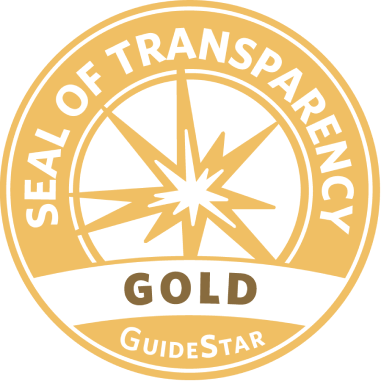For women in Iran and Afghanistan, learning English is more than just acquiring a new language—it is a lifeline. In societies where their rights are severely restricted, education is often one of the first freedoms taken away. Yet, despite the obstacles, many women continue to learn English in secret, hoping for a better future.
In a world that often silences them, English provides a voice. It opens doors to education, financial independence, and global connections. It is not just about learning a language—it is about reclaiming power, hope, and the right to be heard.
Breaking Barriers to Education
Education has always been a battleground for women in Iran and Afghanistan. In Afghanistan, the Taliban has banned girls from attending secondary schools and universities. In Iran, women face strict government control over what they can study and how they can express themselves.
English offers a way to bypass these restrictions. Online courses, language apps, and virtual tutors allow women to learn from their homes, away from government surveillance. Even in the most oppressive environments, learning English is a form of quiet resistance—an act of defiance that no one can take away.
Access to Global Opportunities
For many women, English is a bridge to opportunities beyond their borders. Knowing English allows them to:
- Access online education – Many international universities and organizations offer free courses in English, providing knowledge that would otherwise be out of reach.
- Find remote work – In countries where women’s employment is restricted, online jobs in translation, customer service, and freelance writing offer financial independence.
- Apply for scholarships and asylum – Women seeking safety, education, or a fresh start often need English to communicate with international agencies and institutions.
Without English, many doors remain closed. With it, women can step into a world of possibilities.
Building a Support Network
Learning English also connects women to a global community. Many Iranian and Afghan women find support through online English classes, discussion groups, and international women’s organizations. These spaces offer more than language skills—they provide solidarity, encouragement, and a sense of belonging.
For women who have lost their homes, families, or freedoms, these connections are lifelines. They remind them that they are not alone, that the world sees them, and that their struggles matter.
A Tool for Change
English is not just about survival—it is about empowerment. Women who learn English can share their stories with the world, advocate for their rights, and challenge the narratives imposed on them. They can write, speak, and protest in ways that reach beyond borders.
For the women of Iran and Afghanistan, learning English is an act of courage. It is a step toward independence, a chance for education, and a pathway to a brighter future. Even in the darkest times, language can be a beacon of hope—one word at a time.

